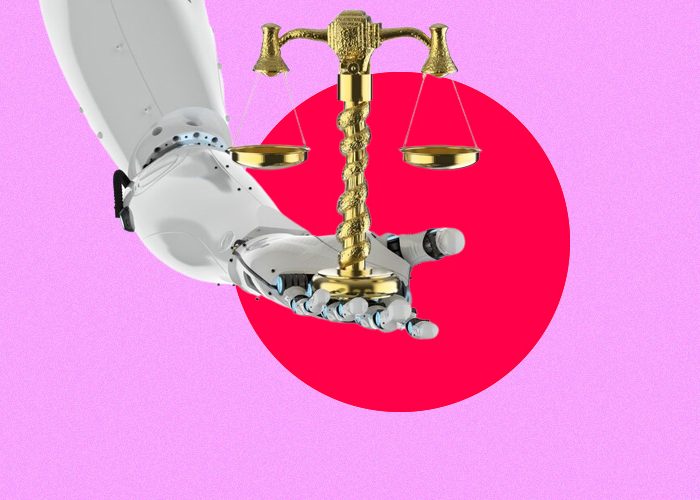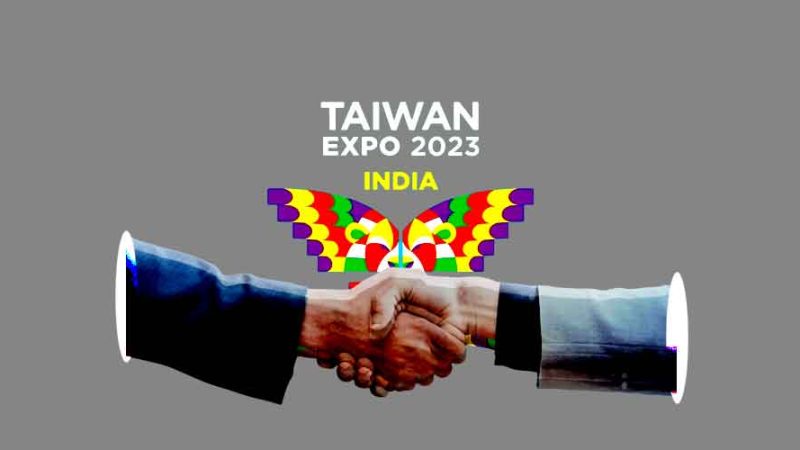
AI and Copyright Laws in India: Understanding the Legal Landscape
AI and Copyright Laws in India, a Comprehensive Guide to Understanding the Legal Landscape
Bitcoin, the world’s leading cryptocurrency, has gained significant attention and investment over the years. Its price is subject to various factors that can cause significant fluctuations and influence market trends. Understanding these key factors is essential for investors and enthusiasts alike. In this article, we will explore the top 10 factors that have a substantial impact on Bitcoin’s price.
From market demand and adoption rates to regulatory developments and macroeconomic factors, we will delve into the intricate web of influences shaping Bitcoin’s value. By gaining insights into these key factors, readers will be equipped with a deeper understanding of the dynamics behind Bitcoin’s price movements and be better positioned to navigate the volatile cryptocurrency market.
The Intersection of AI and Copyright
What is AI?
Artificial intelligence refers to the development of computer systems capable of performing tasks that would typically require human intelligence. These systems utilize algorithms and data to learn, reason, and make decisions. AI has become increasingly prevalent in various fields, including creative industries such as music, literature, and visual arts.
Copyright Protection
Copyright is a legal right that grants authors and creators exclusive control over their original works. It protects their creations from unauthorized reproduction, distribution, or adaptation. Copyright law ensures that creators are appropriately recognized and rewarded for their creative endeavors.
Challenges in the AI Era
The rise of AI has introduced new challenges to copyright laws. With AI’s ability to generate and replicate content, questions arise regarding the ownership and protection of AI-generated works. Determining the authorship and copyright ownership of AI-generated content becomes complex, as it often involves a combination of human and machine contributions.
Copyright Laws in India
India’s copyright laws are primarily governed by the Copyright Act of 1957, which has seen subsequent amendments to keep pace with technological advancements. The Act provides creators with the exclusive right to reproduce, communicate, and adapt their original works. Let’s explore how these laws are being applied to AI-generated content.
Authorship and Ownership
Under the Indian Copyright Act, the author of a work is generally considered to be the person who creates it. However, when AI plays a significant role in generating content, the question of authorship becomes more intricate. Indian copyright law does not explicitly address AI-generated works, leaving room for interpretation and legal debates.
The lack of specific legislation has led to varying opinions on who should be recognized as the author of AI-generated works. Some argue that the human creator who trained or programmed the AI should be considered the author, while others believe that the AI itself should be recognized as the author. Resolving this issue requires a careful examination of the intent and contribution of both human creators and AI systems.
Originality and Creativity
Copyright protection in India extends to original and creative works. However, determining the originality and creativity of AI-generated content poses unique challenges. AI systems can analyze vast amounts of data and generate new content based on patterns and algorithms. While the output may be novel, questions arise about whether it qualifies as original and creative in the legal sense.
Indian courts are yet to provide specific guidance on the originality and creativity standards for AI-generated works. However, they have traditionally emphasized the role of human creativity in copyright protection. Therefore, it is likely that courts will consider the level of human involvement and creative input in AI-generated works when determining copyright eligibility.
Fair Use and Transformative Works
Fair use provisions allow for the limited use of copyrighted materials without obtaining permission from the rights holder. In India, fair dealing provisions provide similar exceptions for research, criticism, review, news reporting, and educational purposes. However, the application of fair use to AI-generated works requires careful examination.
AI systems often rely on existing copyrighted materials to learn and generate new content. Determining whether the use of copyrighted materials by AI qualifies as fair use or infringement requires evaluating the purpose, nature, amount, and effect on the market. As AI technology evolves, courts will need to adapt copyright doctrines to strike a balance between encouraging innovation and protecting creators’ rights.











